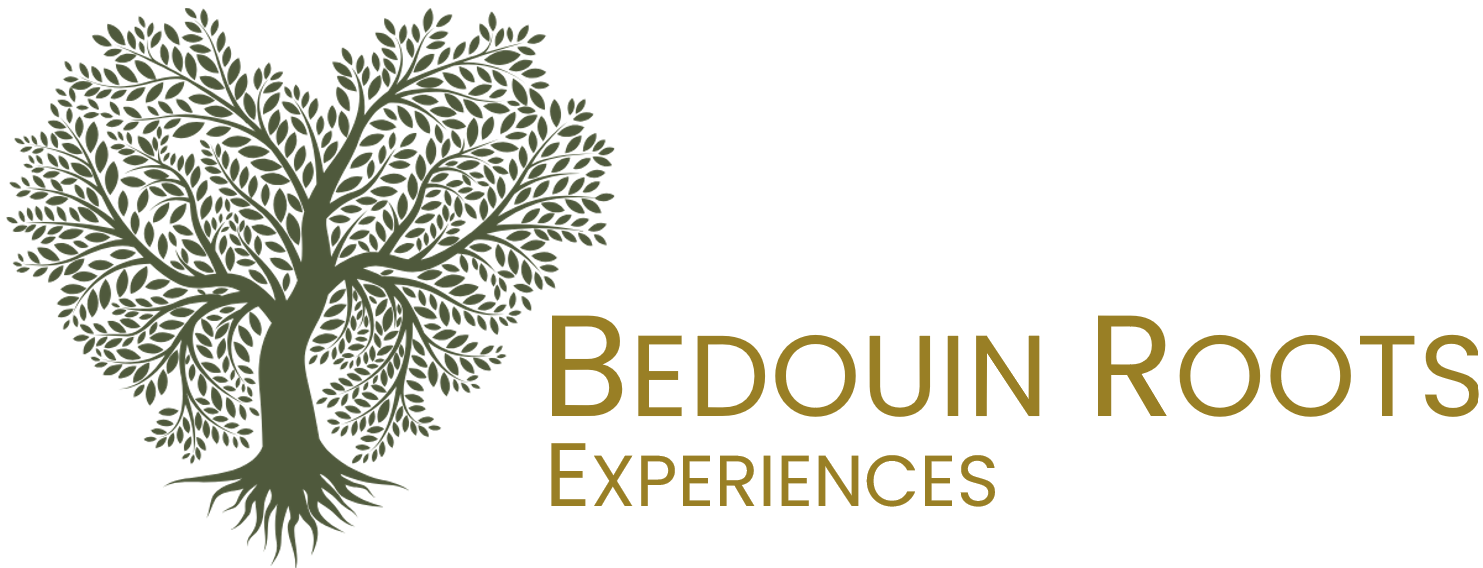In today’s fast-paced world, the pursuit of inner peace and mental well-being has led many to explore practices like mindfulness and meditation. However, amidst the growing popularity of these ancient techniques, misconceptions abound, hindering their adoption by those who could benefit most.
It’s not uncommon to hear mindfulness and meditation dismissed as “woo-woo” practices reserved for monks on mountaintops or New Age enthusiasts seeking enlightenment. Yet, these misconceptions overlook the profound scientific evidence and practical benefits that mindfulness and meditation offer to people from all walks of life.
So, why do these misconceptions persist? One reason is the mystique surrounding mindfulness and meditation. They are often portrayed in popular culture as esoteric practices requiring hours of sitting in silence or achieving a state of complete mental blankness—an intimidating prospect for the average person with a busy schedule and a racing mind.
Moreover, the commodification of mindfulness in wellness field has led to oversimplified, commercialized versions of these practices, further obscuring their true essence and potential benefits. From mindfulness apps promising quick fixes to glossy magazine articles touting meditation as a panacea for all woes, the true depth and nuance of these practices can easily be lost in the noise.
Yet, beneath the surface lies a profound truth: mindfulness and meditation are not about escaping reality or attaining some unattainable state of bliss. Instead, they are practical tools for cultivating greater awareness, resilience, and compassion in the face of life’s inevitable challenges and stressors.
At its core, mindfulness is about cultivating awareness and acceptance of the present moment, whatever it may contain, without getting caught up in regrets about the past or worries about the future. It encourages individuals to observe their experiences with openness, curiosity, and kindness, fostering a deeper understanding of oneself and the world around them.
Present Moment Awareness: Being consciously aware of what is happening in the present moment, without dwelling on the past or worrying about the future.
In essence, mindfulness involves:
- Non-Judgmental Acceptance: Observing thoughts, emotions, and sensations without labeling them as good or bad. Instead, accepting them as they are without trying to change or suppress them.
- Focused Attention: Directing attention intentionally to the present experience, whether it’s through breath awareness, body sensations, or sensory perceptions.
- Intentional Response: Choosing how to respond to experiences mindfully, rather than reacting impulsively out of habit or automatic patterns.
Mindfulness can be practiced formally through meditation exercises, such as mindful breathing or body scan meditation, as well as informally in everyday activities like eating, walking, or listening to others. Over time, regular mindfulness practice can lead to greater clarity, resilience, and overall well-being, as individuals learn to navigate life’s challenges with greater ease and equanimity.

